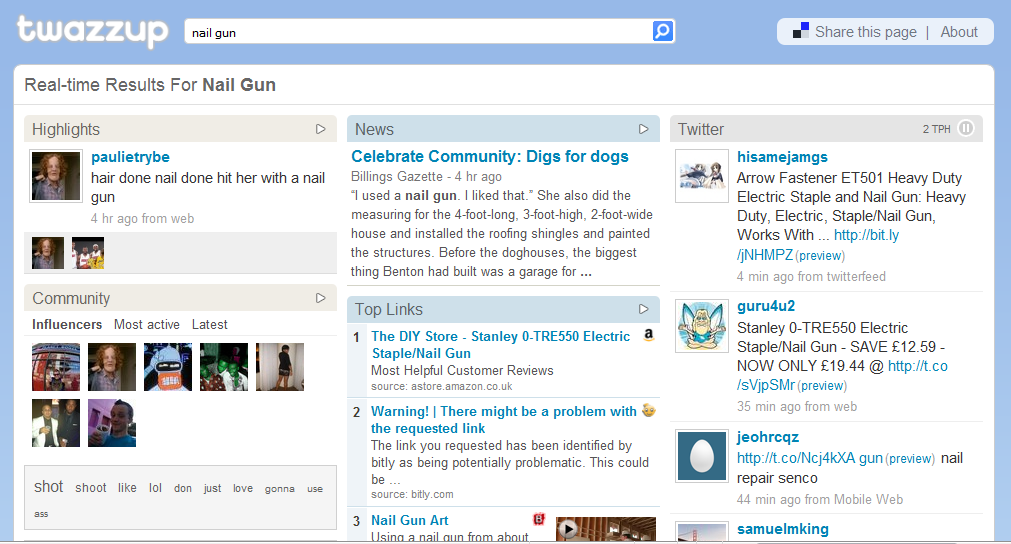It has happened more times than I can count, you find an article that looks likely to be interesting and useful then actually, 500 words in, you realise it is just keyword stuffed sentences strung together to shoehorn in an anchor text or populate a blog. Not only is this tedious, but as an SEO consultant I don’t want to just fill the web with hogwash.
Previously, keywords in titles, keywords as the first word in the text and links in the first few lines were the given method to ensure your content was optimised for your keywords. However, these practices are now dated, scream spam signals and are ultimately unnecessary.
If using copy to place a link; provided the article is vaguely related to the keyword, whether it is genuinely interesting or even readable takes a backseat. And we are often left with articles that are stuffed with keyword usage and provide nothing valuable to the reader or the web as a whole. I concede, often the content is not the crucial aspect and sometimes quantity does rule over quality in this game. What my frustration is, however, is why produce and spread terrible content when it is so easy to optimise content for keywords without it being so obvious? Furthermore, investing an inch more effort could open a whole word of viral possibilities.
Before even thinking about writing an article around a set term, research the term itself. ~ search pulls in other terms that Google recognises as one and the same.
Depending on what you read, the general rule on keyword density within content is around 3-5%. This means that for a 500 word article, there should be roughly 15 instances of a keyword. To me if an article is written according to this rule it will look unnatural, most likely be boring and scream SEO. Using synonyms instead, is a good way around this. Replace keywords with the top ten from Google Keywords. LSI (latent semantic indexing) is an excellent way of adding variety into your copy, with it still remaining focused around a given term.
It is equally easy to create interesting and topical content around a given keyword. Sites such as twazzup.com provide real time news and trending topics around a given phrase – simple and quick research such as this makes way for more interesting articles.
I plucked ‘nail gun’ out of the air as something which may seem incredibly difficult to write an article about – but hey there is a man who uses one to make unique wall art and did you know that people have been using them to create mini communities for their dogs?
Wolfram Alpha is a similar tool which pulls in various statistics and graphs for a given keyword, which is excellent for post Panda, high quality SEO optimised content. Since Panda, the focus is even more on content and SEO best practices are changing, with quality content at the forefront of this.



No Comments